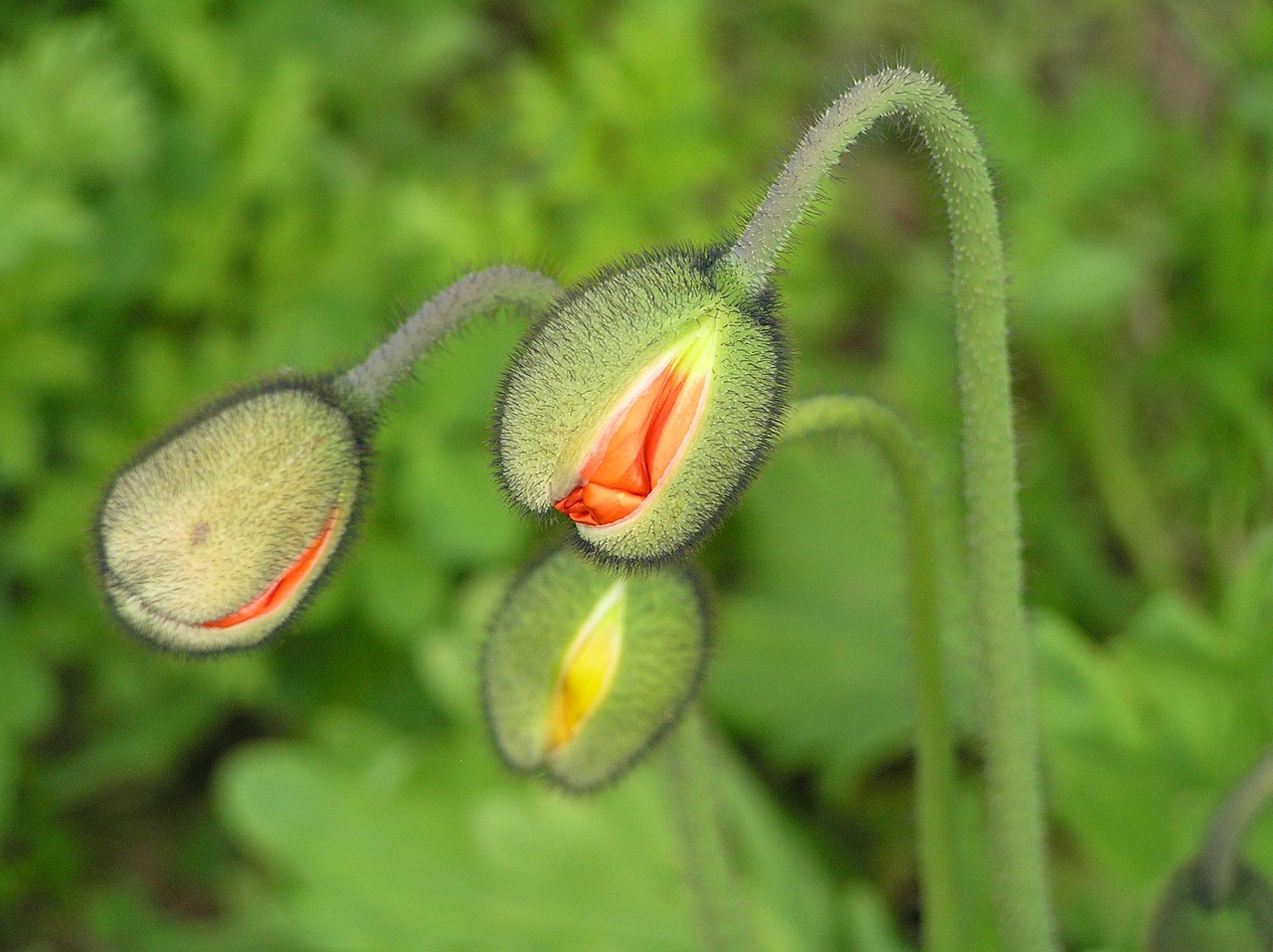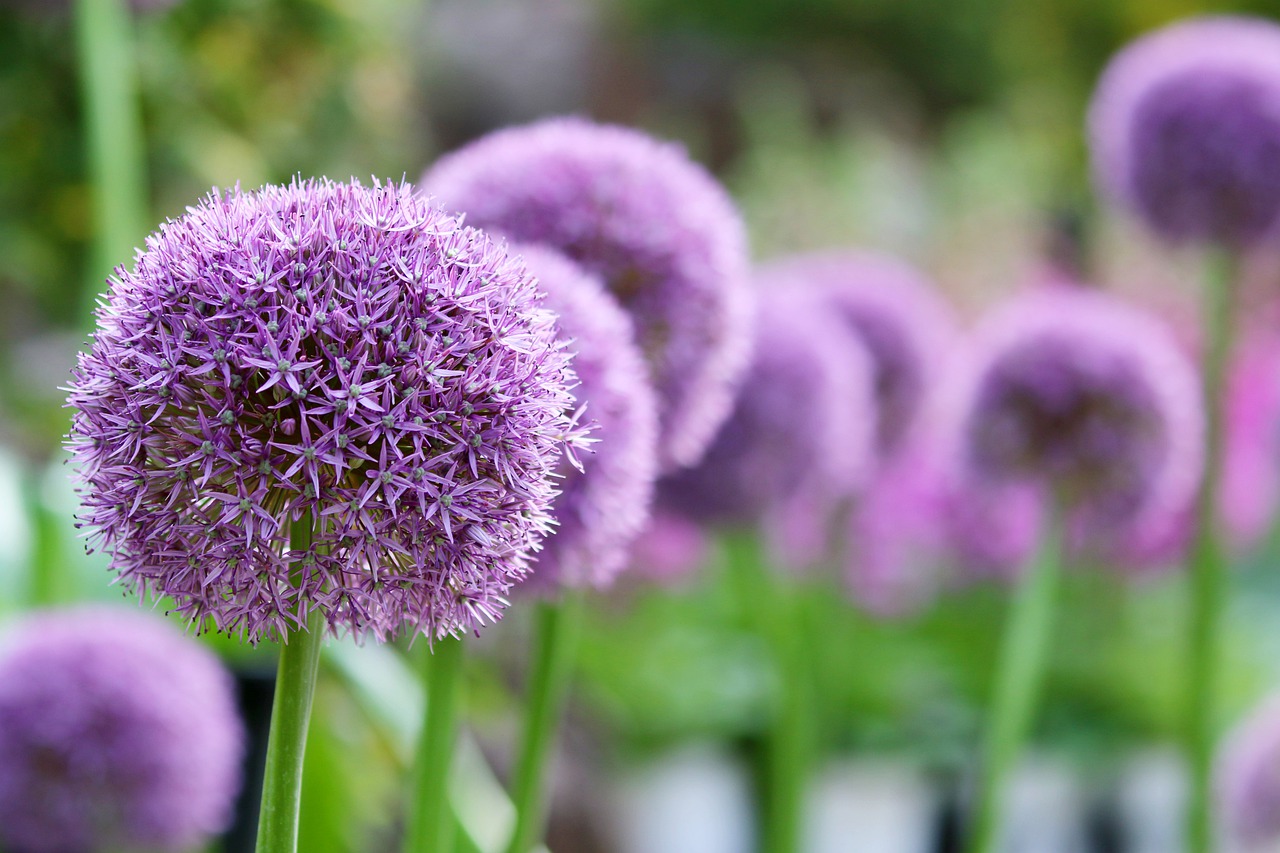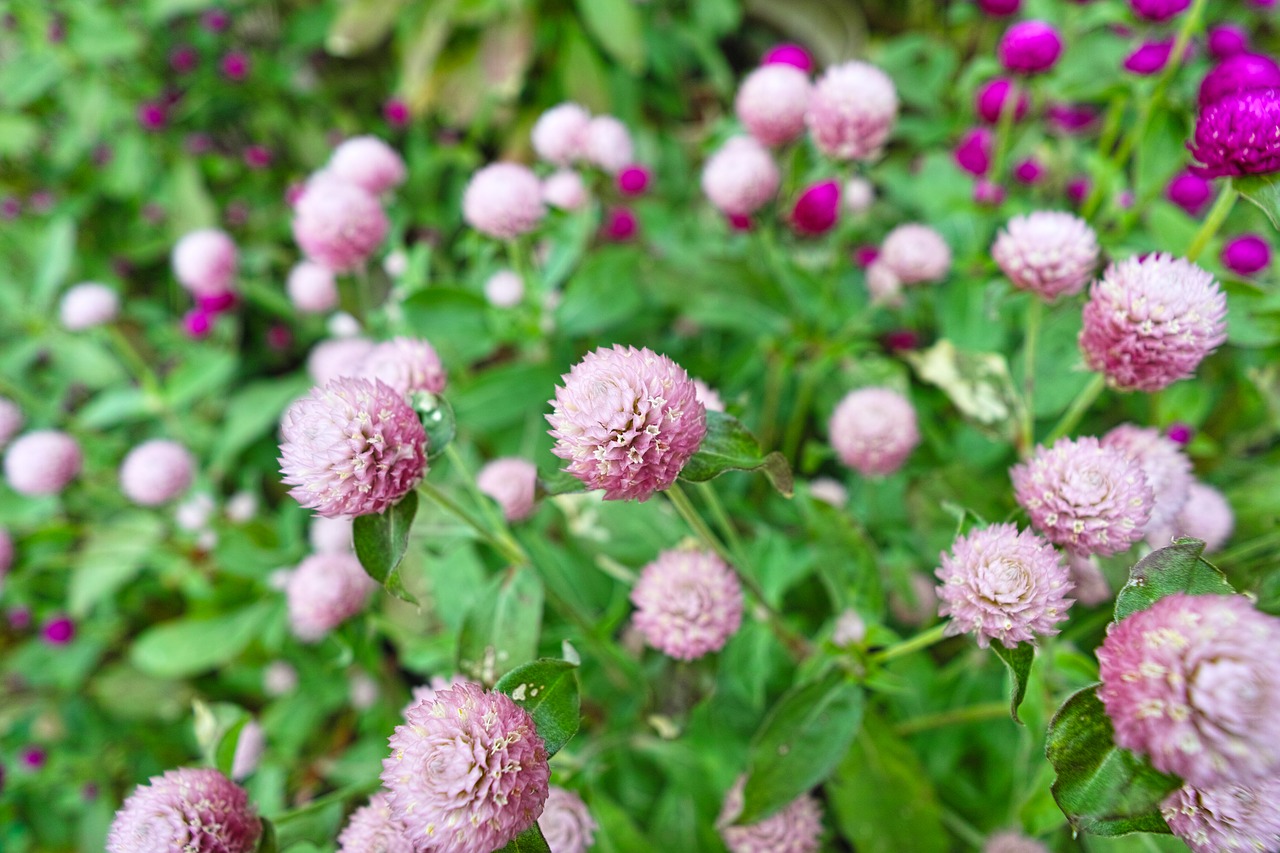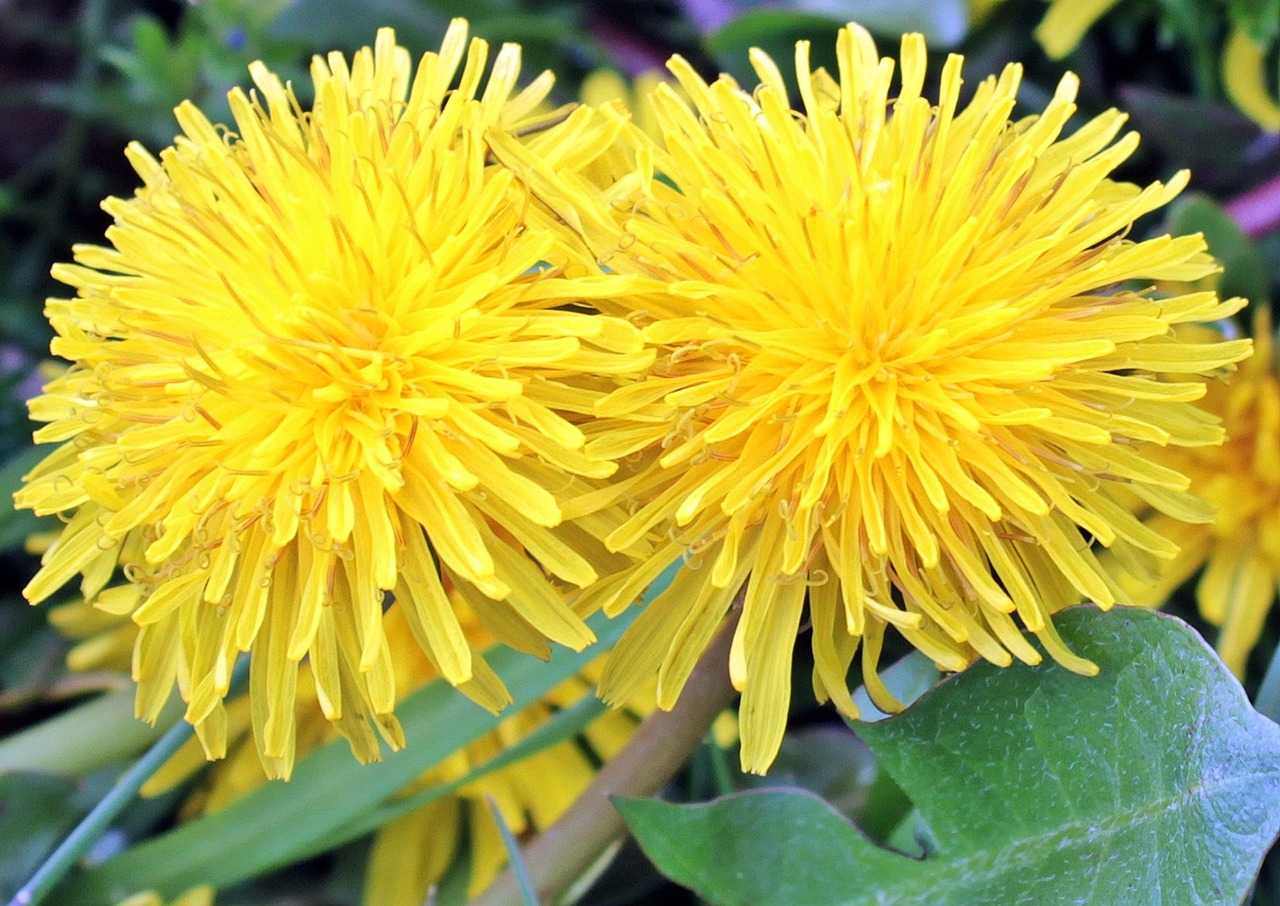
Image by PublicDomainPictures from Pixabay
The Poppy seeds are rich in vitamins, minerals and other useful substances. Apart from gastronomy, Poppy is used in folk medicine, perfume production, cosmetics and medicine.
To most people, the tame or garden poppy is known as poppy seed pie filling or decorating pastry sprinkle. However, Poppy is much more than that. It belongs to the poppy family (lat. Papaveraceae), which includes about 800 species. It has modest growing requirements and is very easy to grow.
Poppy plants are annuals. The grayish-green stem grows between 50 and 100 centimeters. The ovate leaves are alternately arranged and about 10 centimeters long. The ones on the flower stalk are seated.
It blooms during May, June and July, depending on weather conditions. At the top of each stem is a flower. There can be up to 20 flowers on one plant. Depending on the variety, the color of the petals is white, pink, purple. In the food industry, the blue seed poppy is highly prized. There are many small seeds in the cocoon.
Be careful with watering
You can plant it in the same plot only after three to four years. It does not tolerate weedy, compacted, heavy and cold soils. Choose sunny terrains for sowing. It is necessary to prepare the soil for its seeds. Direct sowing is done during October. When winters are mild, sowing can be done in November and early December.
Except in late autumn, you can sow poppies in early spring by directly sowing seeds in the ground. It does not tolerate transplanting because the root is poorly branched. The transplant causes the root to break, and it isn’t easy to recover. However, it’s the best thing to thin the too-thick crop. Usually, two to three plants are sown at 15 to 20cm. It does not tolerate excessive watering.
Too much moisture will result in root rot. Therefore, it is best to perform cocoon harvesting during July and August. Mature cocoons are light brown. Then we cut them to shake out the seeds that we sift and leave to dry. When dry enough, they are packed in canvas or paper bags stored in a dry and dark place.
Poppy has medicinal but also poisonous seeds
The seeds of this plant are rich in vitamins, minerals and other useful substances – calcium, magnesium, phosphorus, iron, zinc, sodium, copper, vitamin PP, vitamin E. They are also rich in pectin, sugars, fatty substances, proteins, lactic acids.
Ripe seeds and poppy oil do not contain toxic substances. Consequently, they have traditionally found application in cooking, decorating cakes and pastries, preparing sauces, especially with mushrooms, and seasoning for salads.
Apart from gastronomy, they have been used in folk medicine since ancient times. However, due to the content of narcotics, one should not be overdone with its consumption.
Contraindications to poppy consumption are the appearance of constipation, emphysema and other problems with the respiratory organs, impaired kidney and liver function, as well as the central nervous system. Due to all the above, you should make preparations for it under the supervision of a physician.
Poppy seeds and medicinal products made from them have a whole range of beneficial effects. They normalize digestion, relieve inflammation, help with migraines, sleep disorders, coughs, high blood pressure, stomach and intestinal ulcers, insect bites and various skin rashes.
The seeds are used to make oil, which is used to make medicines, perfumes and cosmetics.



